Ending the year on a sad note: lost two more colleagues.

2007 was bad. 2008 was worse. 2009 topped them all. And the last week of the year was no exception to a very disturbing trend: the aid community lost two colleagues again. Ali Farah Amey was shot dead in Beledweyn (Somalia) and a 24 year national UN staff member was killed in a suicide bombing in Kandahar, Afghanistan.
Aidworkers become part of a free-for-all turkey shoot. I can't put it more blunt than that.
In a post reminding everyone on the plight of his two colleagues taken hostage in Darfur, fellow blogger Paul Conneally states:
There is another aspect which niggles slightly and that is the deafening silence that generally meets the news of aid workers being killed or taken hostage. There is not only a relative silence from governments, media or the public but even from the humanitarian sector itself. Compare the death in Afghanistan of aid workers to that of soldiers who, by and large, are armed to the teeth and sent to Afghanistan to kill or be killed. I don't dispute military interventions - not my business - but it is quiet incredible that the media is so keen to eulogize the military as 'fallen heroes' and ignore those who risk (and give) their lives desperately trying to make a difference on the human level without resorting to state of the art munitions and military occupation.But I want to make it even more black and white: We, the aid community are left clueless what to do with this increased risk we face. The only thing we seem to be doing is piling up those sandbags even higher. Buying more bomb-blast film, bullet-proof jackets and mine-resistant Kevlar layers for our vehicles. Measures which should be taken, but proven to be insufficient.
I will make a prediction for 2010: there will be no end to the killing of aidworkers. And unless the aid community drastically changes its approach toward the risks now inherent to aidwork, one year from now, we will be looking back at the year 2010 and say "This was a bad year....".
My suggestions to any aid organisation who is concerned about security for their staff:
- Make it compulsive for all aid staff to follow a two-three days security awareness course. The course is to be re-done, as a refresher, every two years.
- Everyone going into high risk area, should get a separate and customized security briefing.
- Every agency and NGO should comply with the MOSS (Minimum Operational Security Standards), and ensure the MOSS guidelines are strictly adhered to. MOSS compliance is to be verified by an independent external team.
- Security compliance should become part of the normal audit cycle. Complaints about security deficiencies should be handled with the same priority as theft, harassment or embezzlement.
- Every agency and NGO should employ a "Dirty Harry" team, with one and only one task: to try and bypass the security systems in order to expose deficiencies.
- And most importantly: as you can not reduce the thread, but can only decrease the risk to your staff members: reduce the amount of people we employ in security-risky areas. Resist donor pressure and the aidwork-inherent-testosterone-craze by wanting to rush into any emergency operation, without thinking "are we really needed there?".
 When we hear "climate change", we think of melting polar ice, raising sea levels. At best, we might imagine violent hurricanes in South Asia.
When we hear "climate change", we think of melting polar ice, raising sea levels. At best, we might imagine violent hurricanes in South Asia.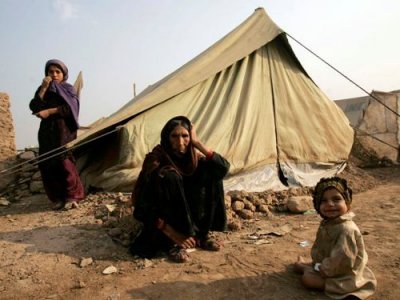


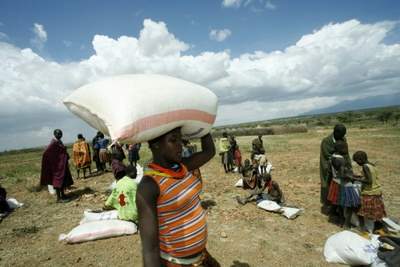
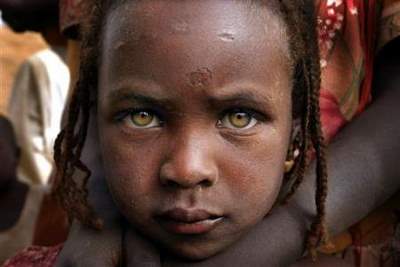
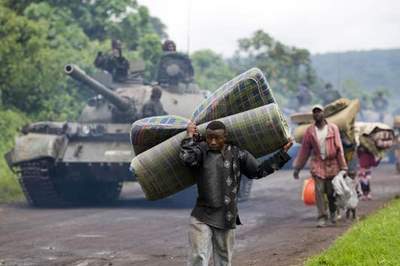
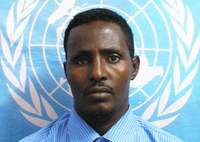
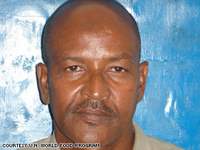
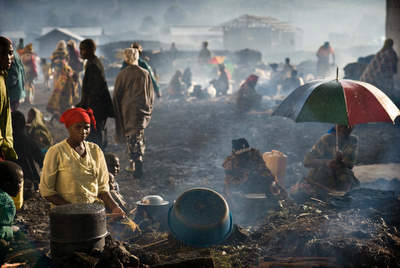
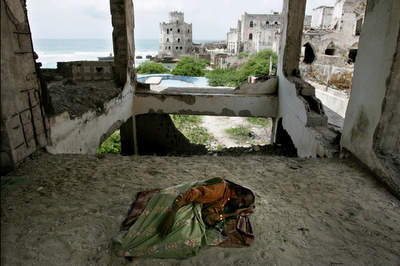
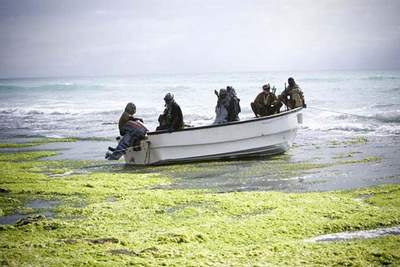
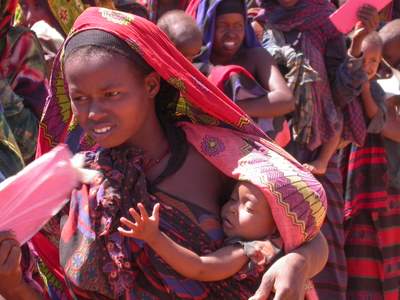
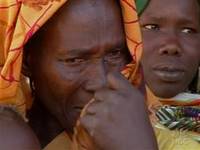
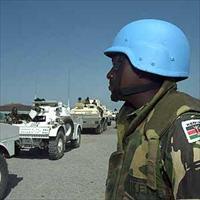
 Peter. Flemish, European, aid worker, expeditioner, sailor, traveller, husband, father, friend, nutcase. Not necessarily in that order.
Peter. Flemish, European, aid worker, expeditioner, sailor, traveller, husband, father, friend, nutcase. Not necessarily in that order.
The Road's Dashboard
Log in
New
Edit
Customize
Dashboard